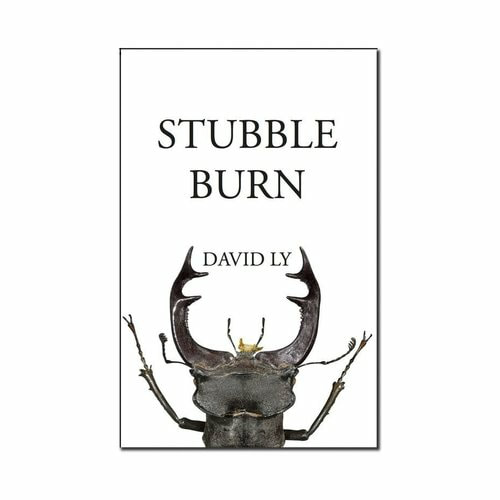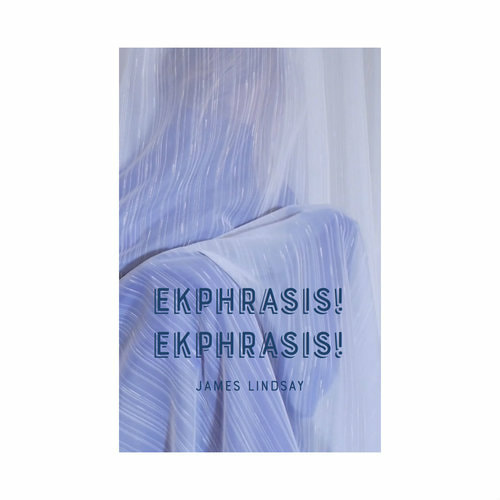Stubble Burn by David LyEkphrasis! Ekphrasis! by David LindsayReviewed by Carla Scarano D'Antonio
|
|
Two very different chapbooks from Anstruther Press delight the reader with their compelling lines that question both our sense of reality and the meaning of relationships. Both works reveal the necessity of engaging with life on different levels: emotionally in Stubble Burn through an excruciating search for identity, and in a more detached but equally involving way in Ekphrasis! Ekphrasis! through questioning the significance of being human.
Stubble Burn is permeated by a sense of loss in which the lyric voice falls back in its own illusions, revealing an incomplete self that needs to gain individuality and self-confidence. This lack creates an easy prey for a “wolf in disguise” who likes “boys smooth and submissive with/almond-shaped eyes” (“Because I am”). The poem also emphasizes exploitation, metaphorical self-harm and the suffering of being discarded after having been sexually and emotionally used: |



